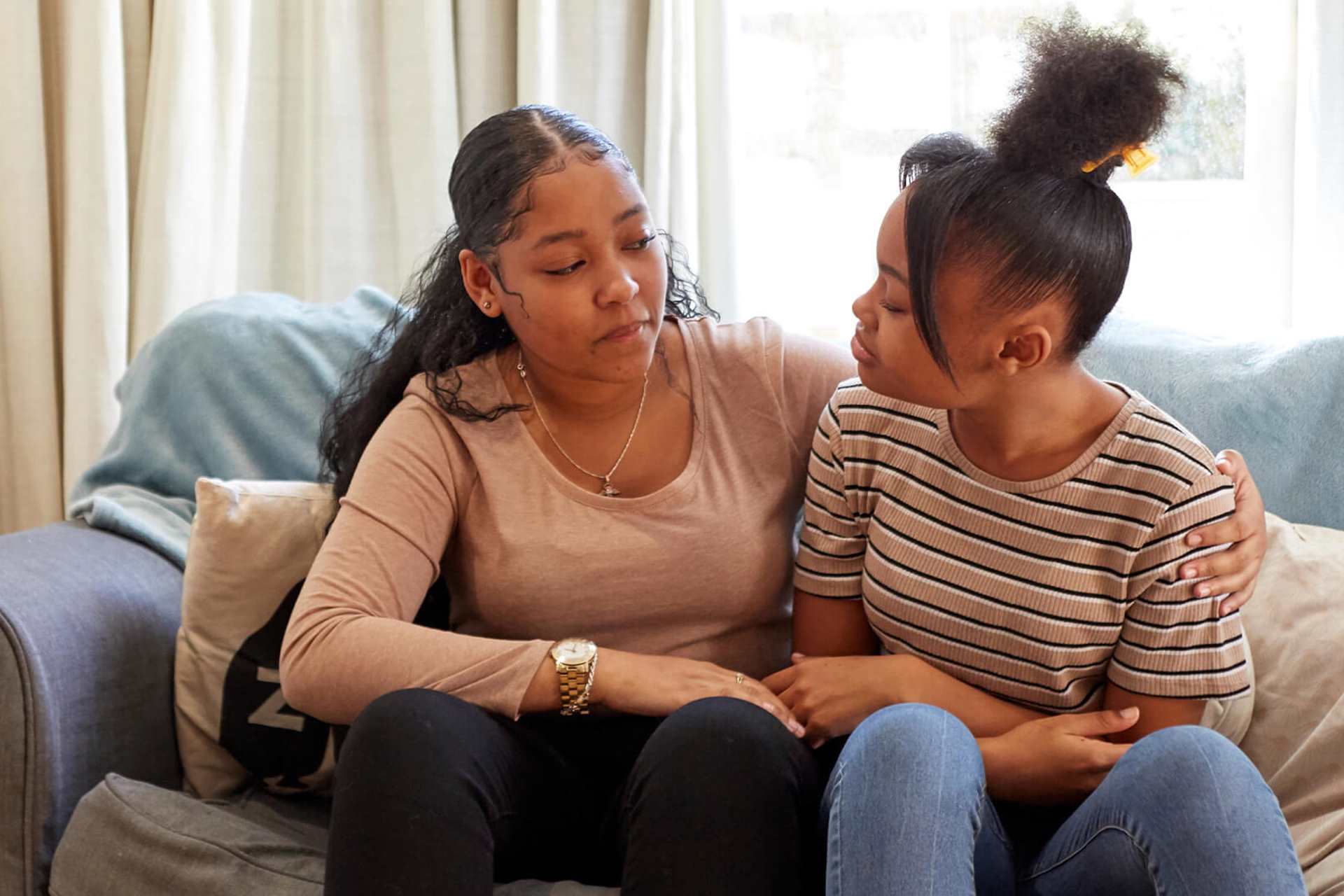Topics mentioned: eating problems, self-care, anxiety
About: Beginning your journey of recover from an eating problem can feel overwhelming. Beth shares some tips that helped in the early stages of her recovery.
I remember at the beginning of my recovery from an eating disorder, knowing where to start was a little bit overwhelming. So I thought that it might be helpful to share a few tips and tricks that helped me in my recovery journey.
However, this is just what helped me - every eating disorder is different, and not everybody experiences the same symptoms and experiences, so whatever your experience is, please know that it’s valid. You should always listen to advice from any medical professionals or specialists as they are trained to help and support you in the best way possible.
Every eating disorder is different, and not everybody experiences the same symptoms and experiences. So, whatever your experience is, please know that it’s valid.
Reasons to recover
If I was to recommend one tip to somebody who has just started recovery, it would be to sit down and write a list of your reasons to recover. This can be anything from being able to take your dog for a walk, to going to university or a country that you’ve always wanted to go to, being able to focus on your work or favourite programme, or even doing a skydive. Whatever your reason, being able to look back on why you are recovering can be really motivational when you are going through a difficult time.
Whatever your reason, being able to look back on why you are recovering can be really motivational when you are going through a difficult time.
Fear foods
Fear foods are foods that cause anxiety in someone struggling with their eating. Challenging fear foods can be very scary for a lot of people at the start of recovery. I found it helpful to make a list of foods, food rules or behaviours that I wanted to challenge, and I would really recommend you try doing that. The list can be as long or short as you want. It could be quickly scribbled on paper, or it could be highlighted and decorative.
I would then choose a food to challenge and, once I had tried it, I would highlight it. After I had eaten the food a few times and no longer found it worrying, I would tick it. I then stuck the list next to my bed, so that if I woke up and was having a particularly difficult day, I was able to remind myself what I had already accomplished.
I found it helpful to make a list of foods, food rules or behaviours that I wanted to challenge, and I would really recommend you try doing that.
Using distraction
One trick that I found particularly helpful when I was experiencing intrusive thoughts was playing games in my head. This may sound strange at first, but I found that sometimes all my brain needed was a distraction. Below are a couple of techniques and tricks that helped me.
-
Alphabet game
One technique that I found particularly helpful was a sort of ‘granny went to market’ type game. Just come up with a topic (e.g. celebrities) and try to think of one for each letter of the alphabet.
-
5,4,3,2,1
Another is the 5,4,3,2,1 technique which is more common and often used in various behavioural therapies. It can be helpful if you find yourself overwhelmed in a situation, such as in a restaurant or out with friends. You think of five things you can see, four things you can touch, three things you can hear, two things you can smell and take one deep breath.
-
Square breathing
Finally, a third technique that I found helpful was square breathing, where you take a breath for four, hold a breath for four, release a breath for four, rest for four, drawing a square in your mind with each breath. This helps to calm you down and ground you if you begin to feel overwhelmed or stressed.
Recovery wins
I found it really helpful to keep track of all my achievements in recovery, which I called my ‘recovery wins’. In the end, going over my recovery wins became my favourite part of my week. I would get home on a Friday and sit down with a cup of tea and something to eat, and I would write down everything that I was proud of myself for that week - no matter how big or small.
Doing this helped me see how far I had come and gave me a sense of progress. But also, putting aside that time allowed me to check in with myself and reflect on how I was doing and feeling. This is so important in recovery or just life in general, as our everyday lives can become so hectic and overwhelming so quickly, it is important to put aside a time just for you to do what you enjoy.
Our everyday lives can become so hectic and overwhelming so quickly, it is important to put aside a time just for you to do what you enjoy.
Finally, it is important to remember that recovery is hard, so it is okay if your recovery does not look perfect all of the time. By working towards recovery, you are already doing something so brave and amazing.
Remember too that it is okay to reach out and ask for help - from loved ones to medical professionals to amazing charities like Beat and YoungMinds, everybody is here to support and help you, whenever and with whatever you need.
More information and advice
We have tips and advice to help you find the support you need. Take a look at our guides.
Where to get help
However you're feeling, there are people who can help you if you are struggling. Here are some services that can support you.
-
Beat
Offers information and support for anybody affected by eating disorders.
One-to-one web chat available. They also run a range of online support groups, which are all fully moderated and anonymous.
Enter your postcode in the HelpFinder to see what eating disorder support is available in your area.
View their information on helpline accessibility and confidentiality.
- Opening times:
- 365 days a year - weekdays (9am - 8pm); weekends (4pm - 8pm)









